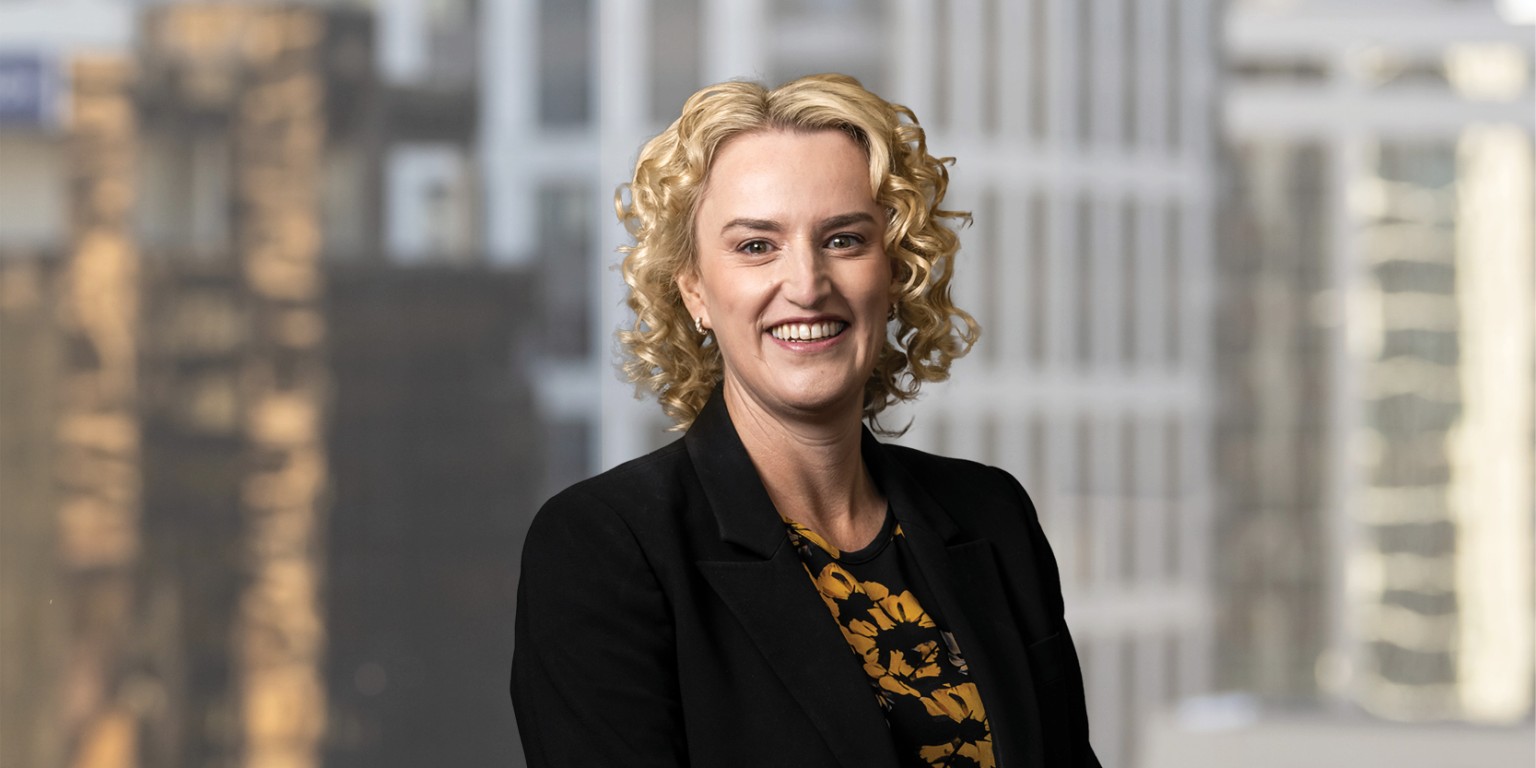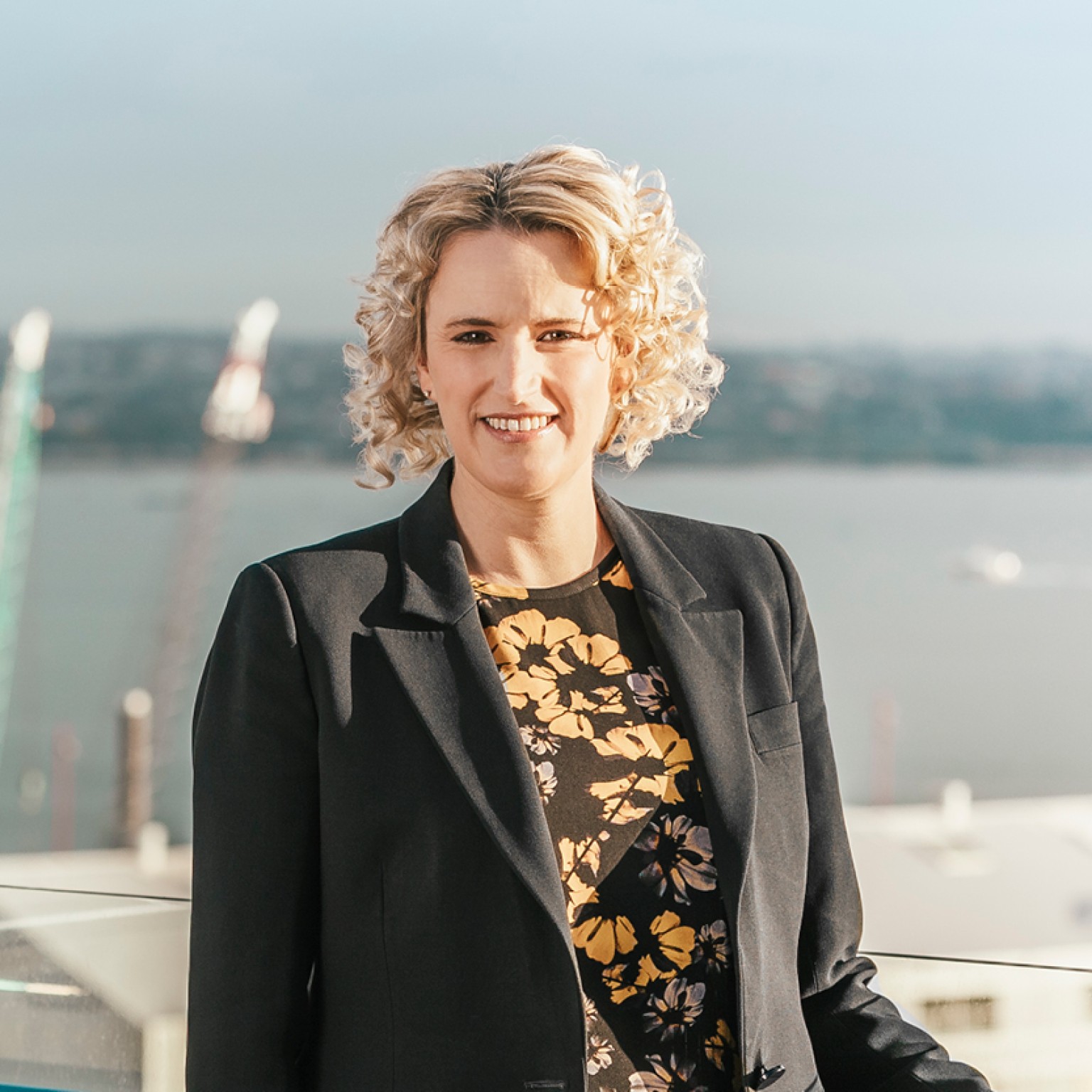Public Trust CEO Glenys Talivai on why we should shoulder-tap women for leadership roles

In the lead-up to International Women’s Day 2024, Public Trust CEO Glenys Talivai explains the challenges for women, the opportunities the financial services industry offers, and how we can help women get ahead into leadership roles.
It’s not uncommon for Public Trust CEO Glenys Talivai to find herself one of a handful of women at leadership events.
At a recent conference, all the speakers were men and on the panel there was only one woman. In the audience, women were very under-represented, around one in five.
And when it comes to the financial services industry, Glenys says while representation of women has dramatically improved, there’s still more to be done to educate women on what has traditionally been a male-dominated industry.
“This is mainly because of the historical concentration of men studying finance, economics and accounting – all sort-after skills in financial services. Men were also usually the ones to managing the finances and the financial wellbeing of their families. That has shifted quite a lot, but there’s still a way to go in terms of building financial literacy for women.”
The industry has many opportunities for women, including flexible work opportunities, but more work needs to be done to actively engage women, she says.
“Many don’t know it’s a possibility, or the types of jobs that are available within the industry. There is a lot of opportunity for women to get a broad range of skills and experiences.”

Glenys had to fight hard for roles
Glenys has been the CEO of Public Trust since 2019. She is a highly regarded executive with significant leadership experience in the financial services sector. Past roles include executive positions at Tower Insurance and Medical Assurance Society, as well as senior leadership positions at ANZ Bank.
“Early in my career I had to fight quite hard to get roles,” she explains.
“I’d like to think that women aren’t needing to fight as hard now, but the struggle has not disappeared. If we are serious about getting more women into leadership positions, it’s also about tapping women on the shoulder and saying, ‘Have you thought about giving this a go?’ Half of the battle is women often don’t see themselves reflected in those leadership positions, or they don’t feel confident enough. More work can be done to educate people on how they can overcome their unconscious bias and be more inclusive of those that are not like them,” she says.
Motherhood brings new challenges
Motherhood also brings new and different challenges for women. Glenys was working at an executive level when she had her two children. With her first son, she took three months parental leave.
“That worked for our family as my husband wanted to be a stay-at-home dad and took the rest of the parental leave. At the time, I was worried about what it would mean if I took a year off, so I decided not to. Then I had to work through the feelings of, ‘Have I come back too soon? What sort of mother does this make me?’. There’s always a tradeoff. There’s no right or wrong answer, just a lot of pressure. We need to let go of the stigma so more women can find their own pathway that works for them, without the judgment about whether it’s good or bad.”
#Inspireinclusion in 2024
This year’s International Women’s Day theme is #Inspireinclusion.
For Glenys, this means thinking, ‘Are we getting diverse perspectives to better inform our decision making?’. “Whether that’s men, women, other genders, different ethnic backgrounds and all ages. It goes so much further than just gender,” she says.
“It’s about consciously thinking about who is involved in the conversations here. How can you inspire people to connect, and make it easy for them to have their say?
“Women these days are breaking through all kinds of barriers. We are seeing a generation come through that has very diverse skills. More and more, women are competing for roles where previously it would be difficult to find candidates. This makes me feel optimistic about the future and what it’s going to mean for the next generation and beyond.
“We are seeing an increase in representation of women, and now we need to get better at ethnic representation. It just makes for better business. The more diverse the organisation is, the better it is.
“Get women around the table and let them have a voice, and make sure it’s heard. That’s powerful.”